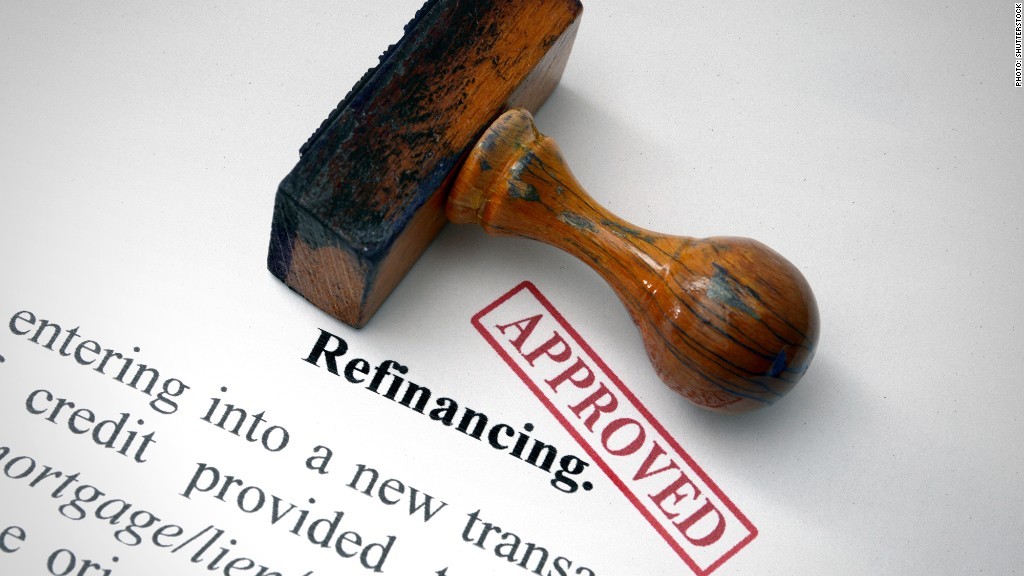In general, foreigners can apply for a mortgage loan to purchase a house or a condominium only if they have a Thai spouse. If the couple purchase a house, the foreigner will have no right to claim the ownership of the property. However, foreigners can own a condominium under his/her name according to the law. In both cases, the foreigner can apply for a mortgage loan as a borrower, co-borrower, or guarantor. Assume that a foreigner decides to purchase a condominium’s unit with his/her spouse as a co-borrower. They help paying off the loan until a certain period, then the relationship breaks down and they decide to divorce. What should they do with the installments-remained property? Who will own the property?
1.Sell The Property
As a couple decide to break up and stay apart, there is little chance for the two to continue the repayment. Therefore, the best solution is to sell the property with consents from both parties. After the property gets sold and the loan is paid off, there could be some profits that the two might share in half. Nevertheless, without a signed contract, there is nothing guaranteeing the profits will be shared with justice. Hence, a couple should make a contract stating all rights and obligations in case of divorce, or any other circumstances, which might possibly happen in the future.
2.Refinancing
If the couple divorce but one of the parties decide to proceed the repayment, the bank would assess his/her ability to pay off the loan. If bank does not approve, then he/she must refinance the property with other banks who allow a new co-borrower to come assist. Note that the decision to proceed the repayment alone must be made with the consent of your spouse. Typically, refinancing will incur some fees despite the lower interest rate.
3.Court
The worst case scenario is when the couple get lost in contact without making any consents about the installments-remained property. If one party decide to continue the repayment, in case of condominiums, the ownership will be given to the other party as well when the loan is paid off. In this situation, the victim must bring the case into the court with a request to take off the co-borrower name. If the plaintiff could show the evidence of repayment from the bank, he/she holds a higher advantage in this deal. Nonetheless, only until the judge decide that the co-borrower name can be deleted, the ownership of the property is still remained for the two parties.
In conclusion, relationships always involve around uncertainty, but the property can be secured by forming a contract which states all rights and obligations when the two parties break apart. The three solutions provided illustrate different scenarios which could happen in the real life. Following these guides could less or more facilitate this potential issue; however, the best way to prevent this is to keep your love life healthy and strong.
Receive the latest property news on email from Thailand’s No.1 property website here, or read more project reviews
The article is written by Kittikom Pojanee and translated by Sitth Chongprasobtam






